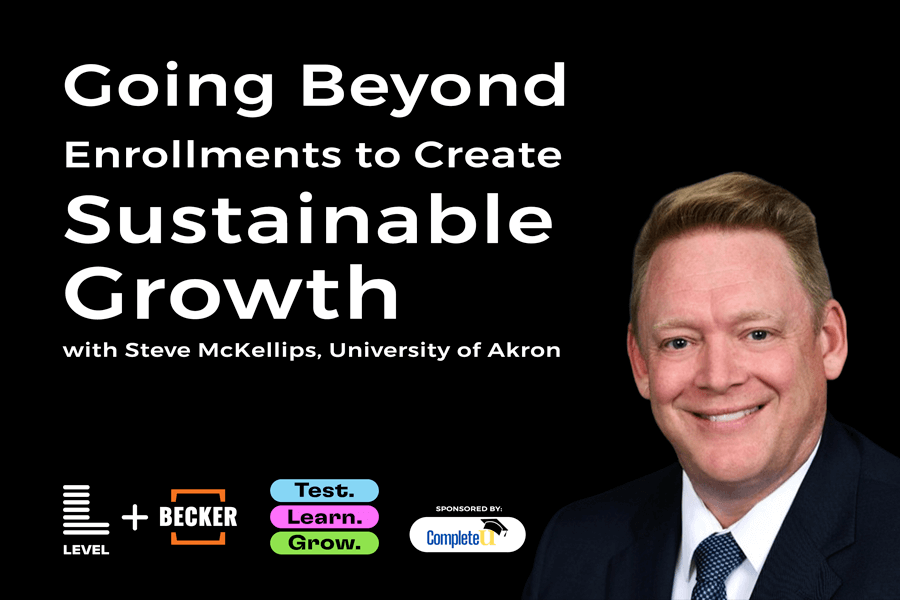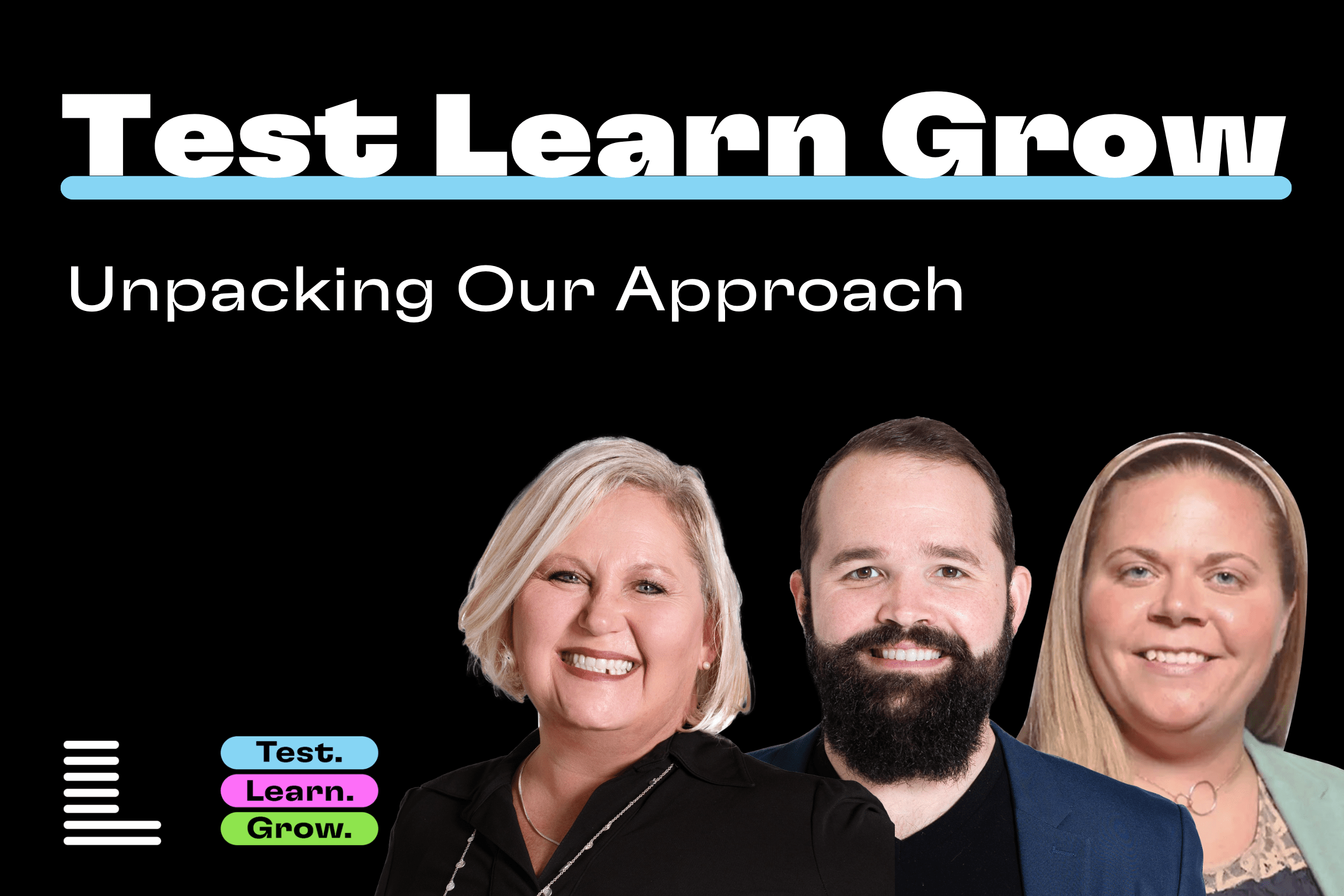The pandemic pushed search engine optimization (SEO) into the spotlight. For folks stuck at home, websites became their first impression of businesses. With this increased online competition, it’s more critical than ever to ensure that your website is relevant and discoverable to your most likely customers and that you’re continually optimizing content to align with search engines like Google.
On this episode of Test. Learn. Grow., Myles and Allyn sit down with Level Agency’s SEO Manager, Joe Garrigues to talk about staying agile.
You’ll learn:
- How to approach search algorithm changes
- Where to start with optimization, if you’re not already doing it
- If you are working on SEO, how to make it even more effective
How to Approach Search Algorithm Changes
Joe recommends taking any changes with a grain of salt. Don’t feel like you have to overhaul your entire SEO strategy or website just because the algorithm changed. Review the updates carefully and update your site the best you can to align with Google’s approaches. Remember that you share a goal with Google: making the consumer journey as smooth as possible for users, helping them find what they need from you quickly and efficiently.
Where to Start with SEO
SEO optimization starts with:
- Auditing your website – Look into any technical issues such as 4xx errors or 5xx errors, broken links, and check meta descriptions and H1 tags. Basically, evaluate anything that hinders the human experience on your site. SEO tools like Moz or SEMrush provide free audit reports that will help you find trouble spots quickly.
- Create content based on keyword research – Use on-target/relative keywords in your website content. Don’t force it but be mindful of which keywords need to be there. Make sure meta descriptions and H1 tags are as concise and distinctive as possible.
- Distribution – Once you’ve done the foundational SEO work, it’s time to push your content out through a solid social media and email strategy.
Making Your SEO More Effective
If you are already working on your SEO, Joe suggests using pro tools to take optimizations to the next level. It’s important to start looking at your competitors. For example, many tools include a topic research feature. This allows you to see what your audience is reading online, what sites they are on, and what content those sites publish. Use this data to shape your own content: answer user questions, and do so better than your competitors.
One final thing to keep in mind: SEO is ongoing. Just because you have a good ranking doesn’t mean you won’t lose it. Establish a maintenance cadence if you want to stay on top. It’s like going to the gym, if you want your SEO muscle to stay strong, you have to keep working it.
If you’d like to chat more about SEO, please reach out.






